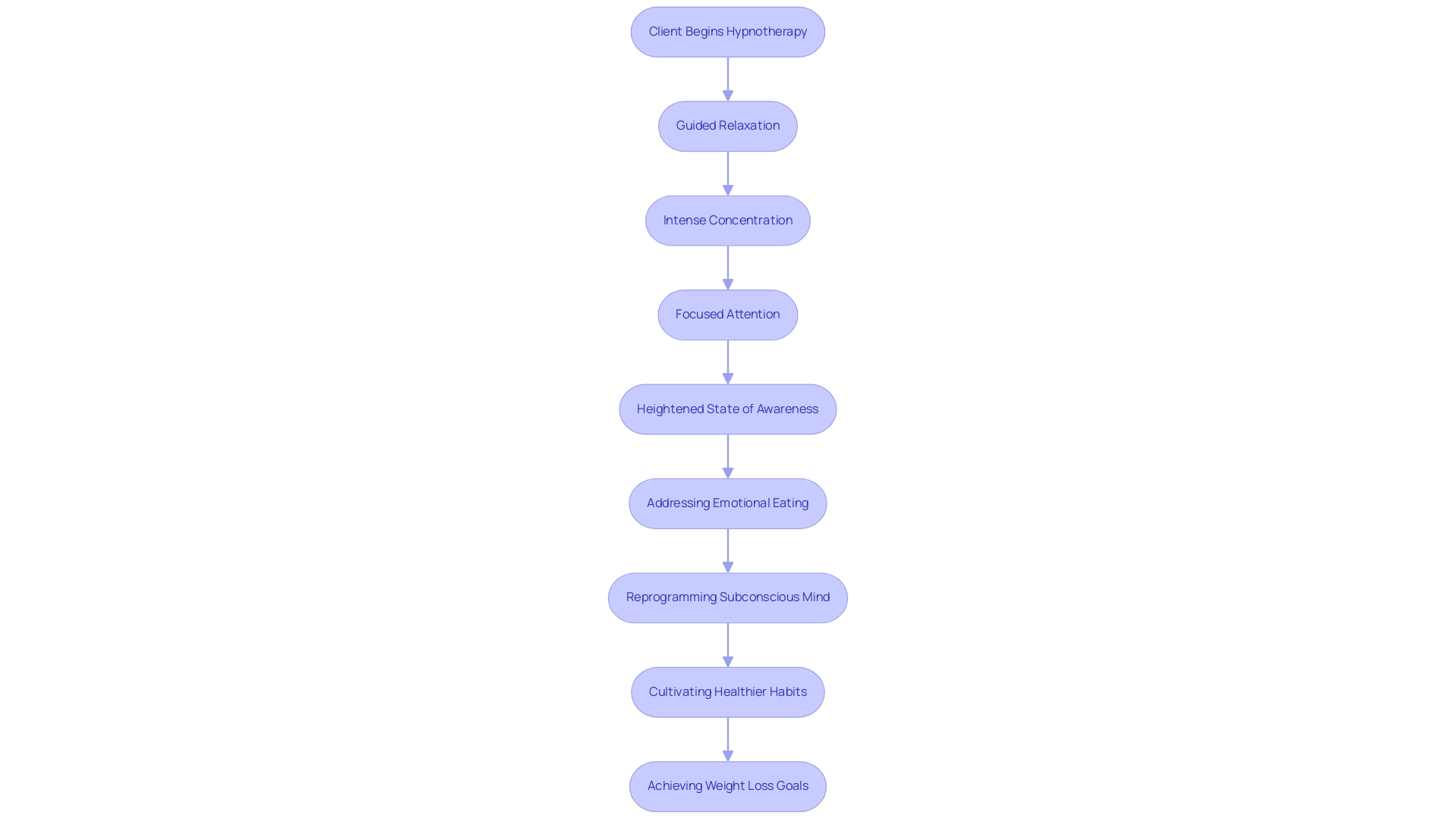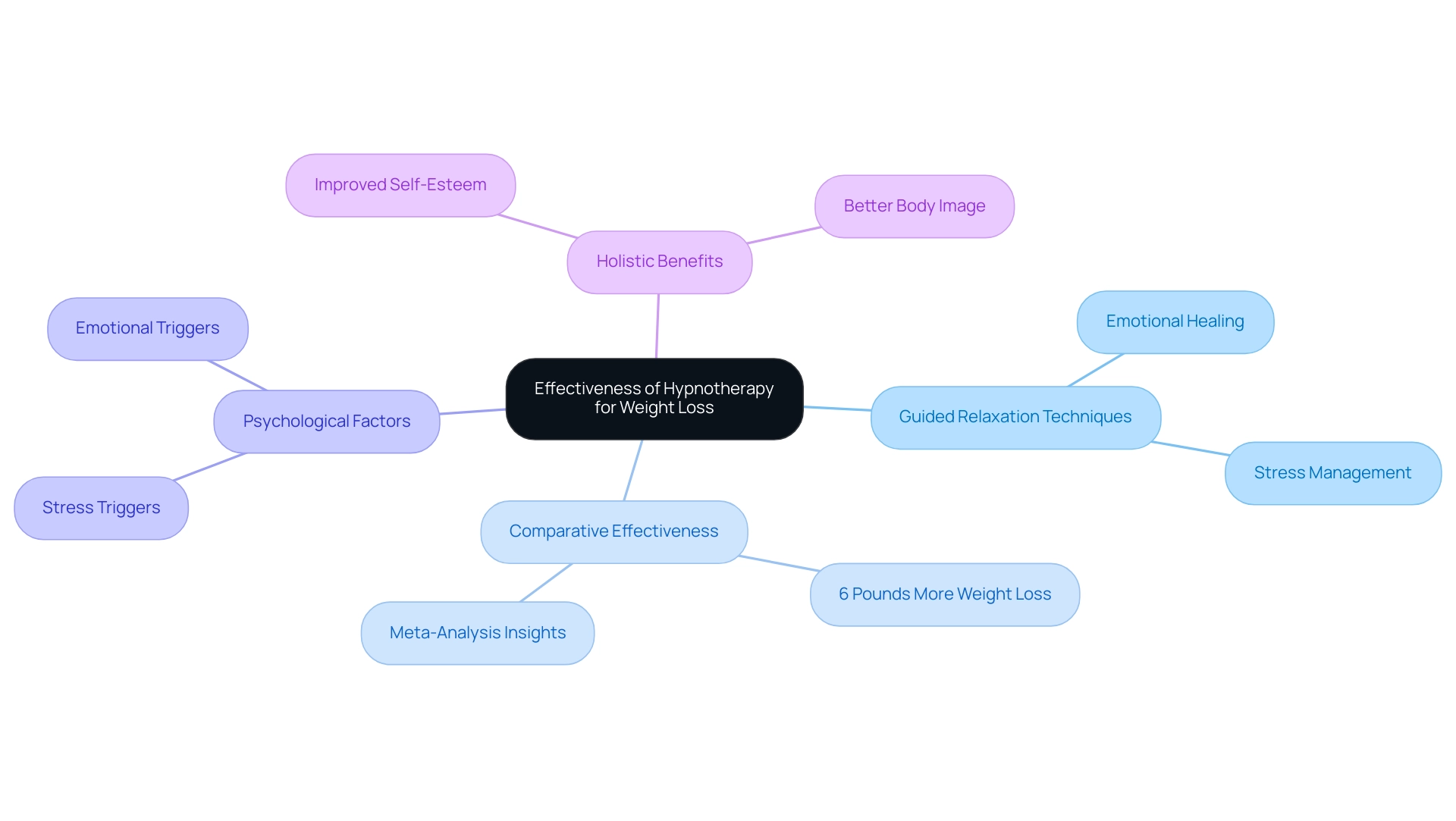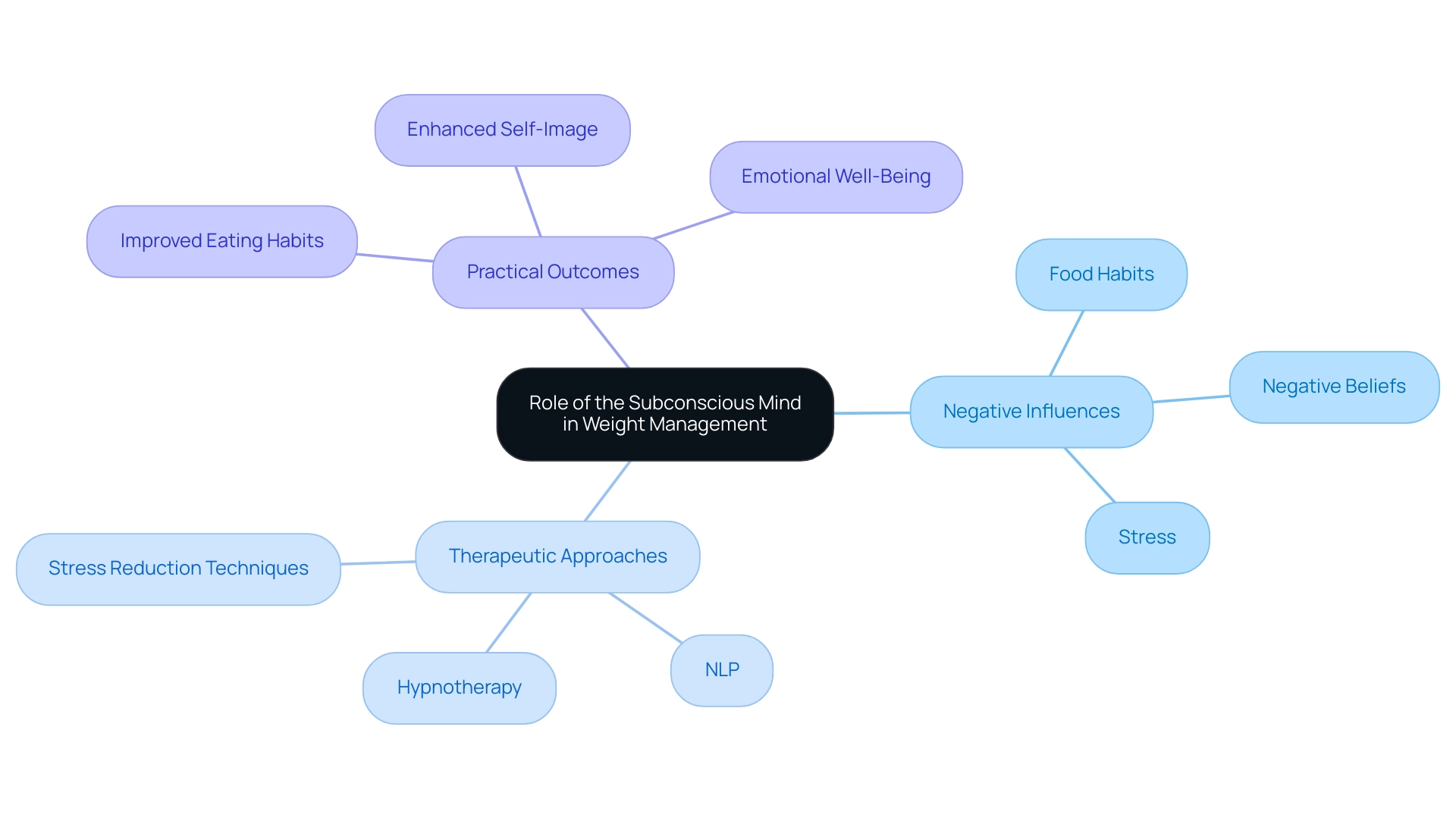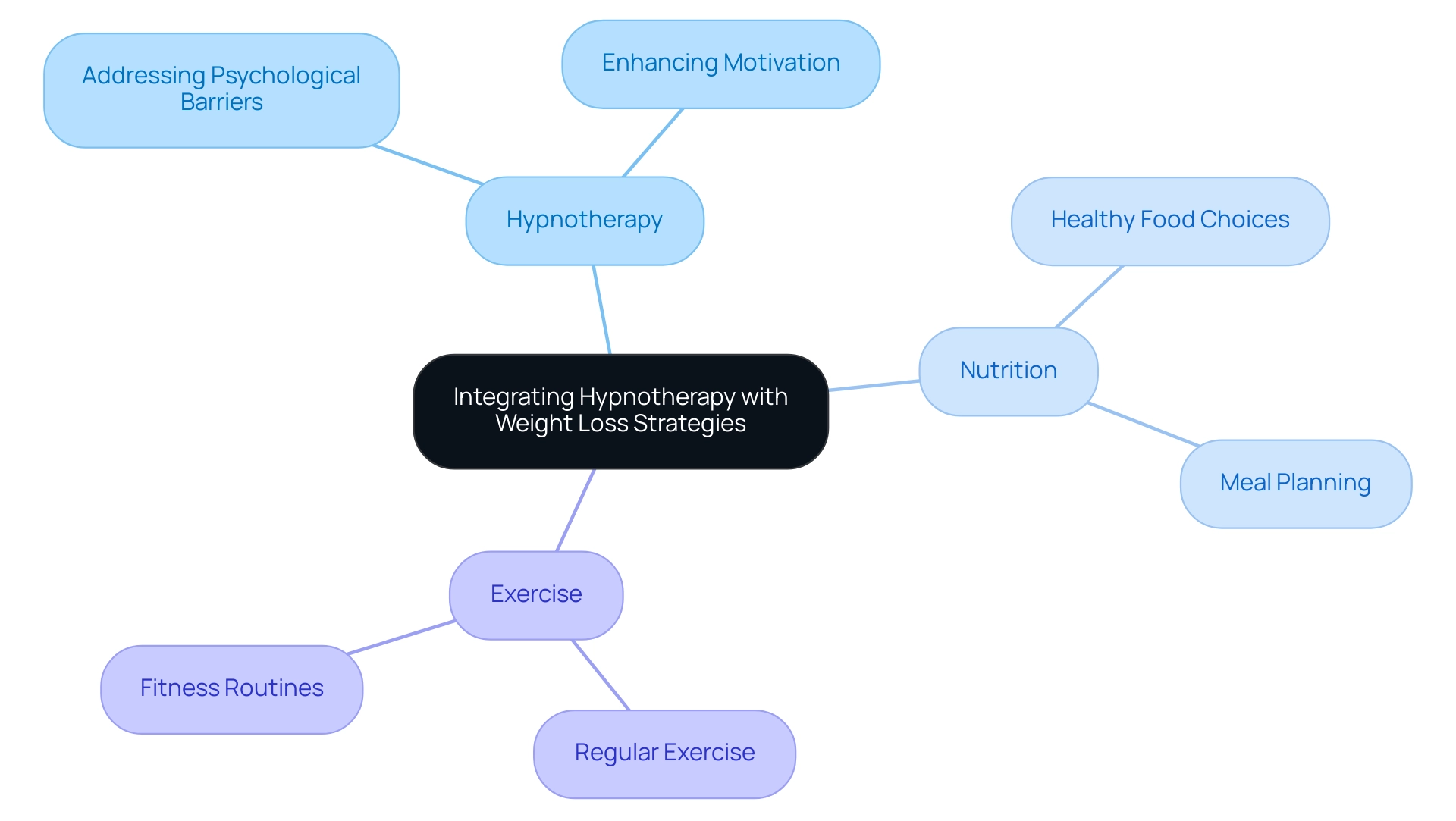PLEASE NOTE:
While the following article relates to your Google search, the services and methods at Goodwin Hypnosis may differ from those mentioned below. Since 2007, we have helped thousands of clients to overcome emotional and behavioral challenges when all else had failed. According to many of them (and their referring healthcare providers), our methods are faster than talk therapy, easier than willpower, and safer than medication. If you’re ready to resolve your issues, skip the article and visit the rest of our website, where you can learn about our unique approach, watch client testimonial videos, and discover how working with us one-on-one could be the solution you’ve been searching for.
We can help you with a variety of issues relating to emotional trauma. While we don't diagnose disorders like PTSD, we have helped hundreds of clients to overcome a wide range of traumatic experiences and their negative effects with methods that are more efficient and comfortable than CBT or EMDR. If you would like to learn more about working with us one-on-one to clear your trauma, click here.
Introduction
In a world where weight management often feels like an uphill battle, hypnotherapy emerges as a transformative ally, guiding individuals toward healthier habits and a more positive self-image. By harnessing the power of the subconscious mind, this therapeutic technique delves into the emotional and psychological factors that influence eating behaviors, offering a compassionate pathway to lasting change. Through personalized sessions that integrate hypnosis with Neurolinguistic Programming, clients can break free from self-sabotaging patterns and embrace a fulfilling relationship with food and exercise.
As success stories reveal, the journey to weight loss is not just about shedding pounds; it’s about nurturing the mind and spirit to create a balanced, healthier life.
Understanding Hypnotherapy: A Tool for Weight Loss
Hypnotherapy is a therapeutic technique that utilizes guided relaxation, intense concentration, and focused attention to achieve a heightened state of awareness, often referred to as a trance. This state enables individuals to explore thoughts, feelings, and memories that may be hidden from their conscious mind. At Goodwin Hypnosis, we combine hypnosis with Neuro Linguistic Programming (NLP) to create a powerful synergy that enhances the effectiveness of our effective interventions. This combined approach serves as a transformative tool for individuals seeking to address emotional eating, self-sabotage, and negative beliefs about body image.
By reprogramming the subconscious mind, individuals can cultivate healthier habits and perspectives toward nourishment and physical activity, aiding in long-term management of body composition. These testimonials reflect the profound impact of our programs, paving the way for a healthier, more fulfilling life. Each session is structured to provide personalized guidance, ensuring that clients feel supported throughout their journey.

The Effectiveness of Hypnosis for Weight Loss
Studies show that guided relaxation techniques can play a significant role in losing pounds. Research has indicated that individuals who participate in guided relaxation for loss are more inclined to reach their objectives than those who do not.
For instance, a meta-analysis of multiple studies found that suggestive therapy can produce a greater effect on weight loss than traditional behavioral therapies alone, with some studies reporting an average weight loss of 6 pounds more than those who only received standard treatments. This is particularly evident in case studies, such as Jane's journey, where emotional trauma significantly influenced her dietary habits.
By tackling the psychological factors of eating habits, such as stress and emotional triggers, this method assists individuals like Jane in reframing traumatic memories and unlearning detrimental patterns, resulting in lasting lifestyle changes. Many report not only weight loss but also improved self-esteem and body image, highlighting the holistic benefits of this approach.
Through effective management of stress and emotional healing, hypnotherapy empowers clients to navigate their challenges with compassion and support, ultimately transforming their relationship with food and themselves.

The Role of the Subconscious Mind in Weight Management
Our subconscious mind plays a critical role in shaping many of our daily behaviors, including our food habits. This powerful part of our psyche stores memories, emotions, and learned behaviors that deeply influence our relationship with food. For instance, negative experiences or beliefs about one's body can trigger unhealthy consumption patterns, creating a cycle that can be challenging to break.
Hypnotherapy offers a compassionate and effective way to address these subconscious influences. By tapping into this hidden layer, individuals can uncover and reframe negative beliefs, fostering a more positive self-image and healthier eating behaviors. Solutions-focused therapy, which emphasizes practical outcomes, has been highlighted for its ability to reduce stress and enhance overall happiness and confidence.
At Goodwin Hypnosis, we combine hypnosis with Neurolinguistic Programming (NLP) to maximize the effectiveness of our approach. This powerful combination assists individuals in breaking bad habits, overcoming fears, and enhancing their emotional well-being. While some specialists contend that there is inadequate proof to uphold conventional perspectives on the subconscious mind's influence in behavior modification, practical uses of suggestion therapy demonstrate encouraging results. For instance, cortisol, a stress hormone, disrupts the balance of feel-good hormones, emphasizing the importance of stress reduction in achieving healthier habits. Through guided relaxation techniques, many clients have reported significant reductions in stress, leading to enhanced dietary habits and overall wellness.
By reprogramming the subconscious mind to embrace positive beliefs about food and body image, this therapeutic approach not only addresses the underlying issues but also provides practical techniques for lasting change and healthier eating habits. If you’re ready to transform your relationship with food and improve your emotional well-being, we invite you to reach out and explore how our services can help you achieve your goals.

Integrating Hypnotherapy with Other Weight Loss Strategies
Hypnotherapy is most effective when combined with other loss strategies, such as nutrition and exercise. By addressing the psychological barriers to shedding pounds, hypnotherapy can enhance the effectiveness of dietary changes and fitness programs. For instance, many participants have reported feeling more motivated to exercise regularly or make healthier food choices after participating in our private, one-on-one sessions.
Our affordable, 30-day online program, The Liberated Mind Project, lays the foundation to overcome emotional and behavioral challenges, further supporting individuals in achieving their weight loss goals. This holistic approach recognizes the interconnectedness of the mind and body, fostering a transformative potential that helps clients regain control over their habits and well-being with compassion and understanding.
If you're ready to take the first step toward a healthier you, contact us today to begin your journey!

Conclusion
Harnessing the power of hypnosis offers a compassionate approach to weight management that transcends mere dieting. By delving into the subconscious mind, individuals can address the emotional and psychological factors that often hinder their progress. This therapy not only helps in reshaping harmful eating patterns but also fosters a positive self-image, as evidenced by the success stories of clients who have experienced profound transformations.
The integration of hypnotherapy with other weight loss strategies enhances its effectiveness, creating a holistic framework for sustainable change. Clients report increased motivation for exercise and healthier food choices, proving that when the mind is nurtured, the body can follow suit. This synergy between mental and physical well-being reinforces the idea that lasting weight loss is not just about the numbers on a scale, but about cultivating a fulfilling relationship with oneself.
Ultimately, the journey toward better health is one of self-discovery and empowerment. By embracing hypnosis and NLP as a tool for change, individuals can break free from self-sabotaging behaviors and unlock their potential for a healthier, happier life. Now is the time to take that step forward, nurturing both mind and body to achieve lasting transformation.




